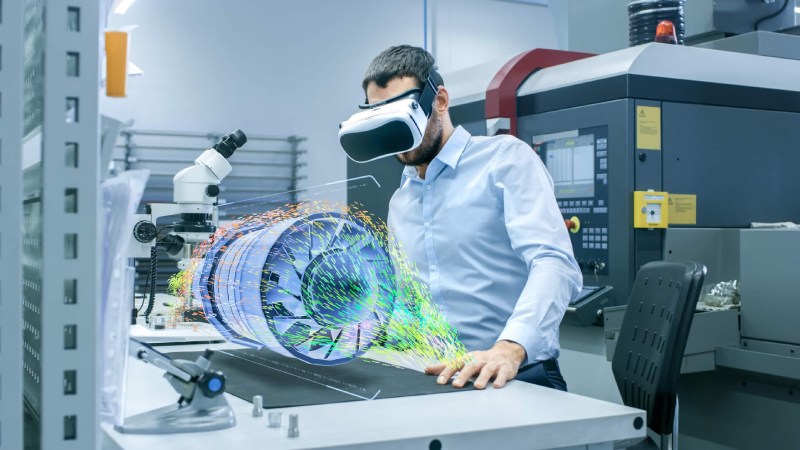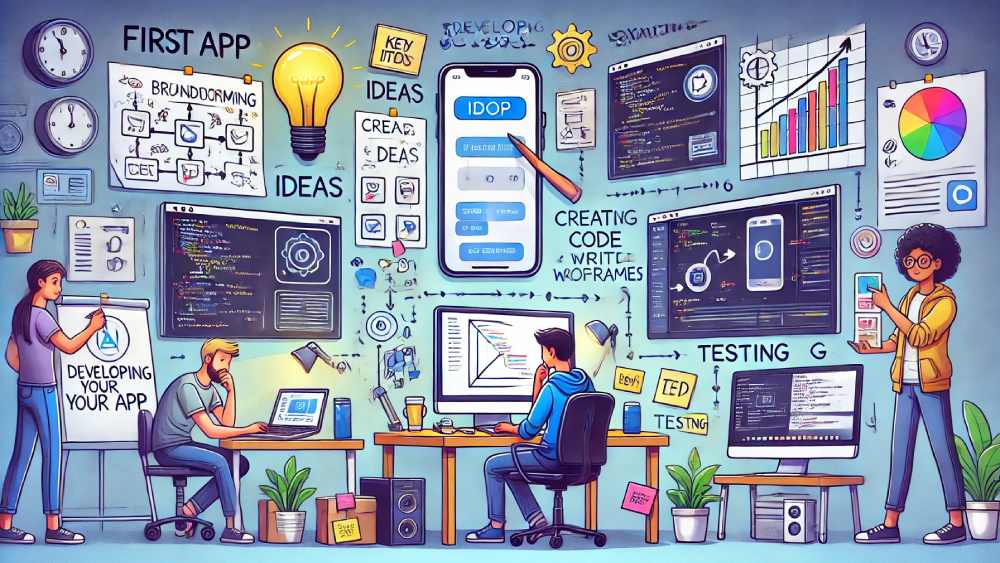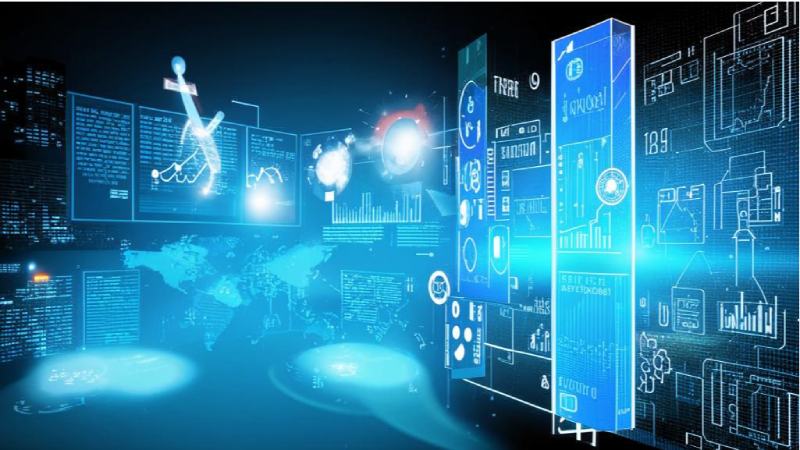The Future of Software: Trends and Predictions for the Next Decade
Introduction: The world of software is constantly evolving, driven by rapid technological advancements, changing consumer behaviors, and emerging market trends. As we stand on the brink of a new decade, it’s essential to look ahead and anticipate the transformative shifts that will shape the future of software development, deployment, and utilization. In this article, we explore key trends and predictions that are poised to define the next decade of software innovation.
Artificial Intelligence and Machine Learning Integration
- Prediction: AI and machine learning will become ubiquitous components of software applications, enhancing automation, personalization, and decision-making capabilities.
- Trend: Increasing adoption of AI-driven technologies in various domains, including natural language processing, computer vision, and predictive analytics.
- Impact: AI-powered software will revolutionize industries such as healthcare, finance, and manufacturing, driving efficiency, productivity, and innovation.Cloud-Native and
Edge Computing Architectures
- Prediction: Cloud-native and edge computing architectures will dominate the software landscape, enabling distributed, scalable, and resilient applications.
- Trend: Growing demand for cloud-native technologies, containerization, and serverless computing for agile development and deployment.
- Impact: Organizations will leverage hybrid and multi-cloud environments to optimize performance, minimize latency, and meet evolving regulatory requirements.
Decentralized and Blockchain-Based Applications
- Prediction: Decentralized and blockchain-based applications will disrupt traditional business models, enabling secure, transparent, and decentralized ecosystems.
- Trend: Expansion of blockchain beyond cryptocurrency to applications such as supply chain management, digital identity, and decentralized finance (DeFi).
- Impact: Blockchain technology will revolutionize trust, transparency, and data ownership, empowering individuals and organizations to transact and collaborate peer-to-peer.
Low-Code/No-Code Development Platforms
- Prediction: Low-code/no-code development platforms will democratize software development, empowering citizen developers and accelerating innovation.
- Trend: Proliferation of low-code/no-code tools and platforms that enable users to create software applications with minimal coding knowledge.
- Impact: Organizations will streamline development processes, reduce time-to-market, and foster collaboration between IT and business teams to drive digital transformation initiatives.
Cybersecurity and Privacy Imperatives
- Prediction: Cybersecurity and privacy will emerge as paramount concerns, driving increased investment in threat detection, prevention, and compliance.
- Trend: Escalation of cyber threats, data breaches, and regulatory requirements, necessitating robust security measures and privacy-enhancing technologies.
- Impact: Organizations will prioritize cybersecurity resilience, implement zero-trust architectures, and adopt encryption, authentication, and identity management solutions to safeguard sensitive data and protect digital assets.
Human-Centered Design and Ethical AI
- Prediction: Human-centered design principles and ethical AI practices will shape the development of responsible and inclusive software solutions.
- Trend: Focus on user experience (UX), accessibility, and inclusivity in software design and development, as well as ethical considerations in AI algorithm design and deployment.
- Impact: Software developers and organizations will prioritize ethics, fairness, and transparency in AI systems, ensuring that technology serves the best interests of humanity while mitigating bias and discrimination.
The Rise of Quantum Computing
- Prediction: Quantum computing will advance from experimental research to practical applications, unlocking unprecedented computational power and capabilities.
- Trend: Accelerated research and development in quantum computing hardware, software, and algorithms, fueled by investments from governments, academia, and industry.
- Impact: Quantum computing will revolutionize complex problem-solving, optimization, cryptography, and material science, ushering in a new era of innovation and discovery across diverse fields.
Conclusion: As we embark on the next decade, the future of software holds immense promise and potential for transformative change. From AI-driven automation and cloud-native architectures to blockchain-enabled decentralization and quantum computing breakthroughs, the landscape of software innovation will continue to evolve at an unprecedented pace. By embracing emerging trends, adopting ethical practices, and prioritizing human-centric design principles, software developers and organizations can harness the power of technology to create a brighter, more inclusive, and sustainable future for all.




Post Comment